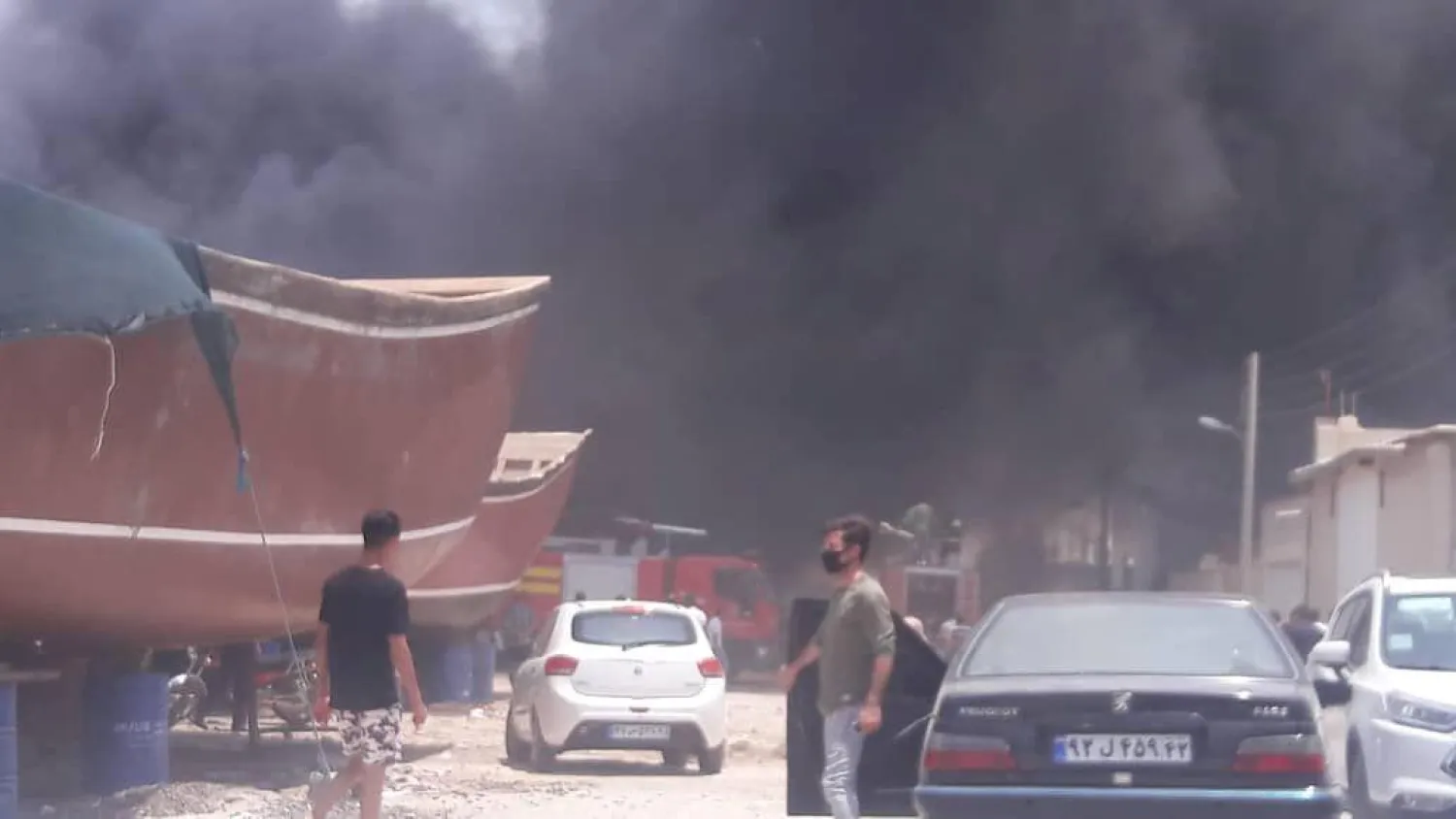At least seven ships have caught fire at Iran’s Bushehr port, the Tasnim news agency reported on Wednesday, in what appeared to be the latest in a series of fires and explosions around the country, some of which have hit sensitive sites.
No casualties have been reported, the agency said.
Plumes of dense black smoke billowed into the air, in a photograph of the incident published by the official IRNA news agency. State broadcaster IRIB showed fighters tackling clouds of smoke at a shipyard at the southern port on the Gulf.
There have been several explosions and fires around Iranian military, nuclear and industrial facilities since late June, including a fire at Iran’s underground Natanz nuclear facility on July 2.
Natanz is the centerpiece of Iran’s enrichment program, which Tehran says is for peaceful purposes. Western intelligence agencies and the UN’s nuclear watchdog (IAEA) believe it had a coordinated, clandestine nuclear arms program that it halted in 2003. Tehran denies ever seeking nuclear weapons.
Iran’s top security body said on July 3 that the cause of the Natanz fire had been determined but would be announced at a later time. Some Iranian officials have said it may have been cyber sabotage and one of them warned that Tehran would retaliate against any country carrying out such attacks.
In an article in early July, state news agency IRNA addressed what it called the possibility of sabotage by enemies such as Israel and the United States, although it stopped short of accusing either directly.
Israel’s defense minister said on July 5 his country was not “necessarily” behind every mysterious incident in Iran.
On June 30, 19 people were killed in an explosion at a medical clinic in the north of the capital Tehran, which an official said was caused by a gas leak.
On June 26, an explosion occurred east of Tehran near the Parchin military and weapons development base that the authorities said was caused by a leak in a gas storage facility in an area outside the base.









